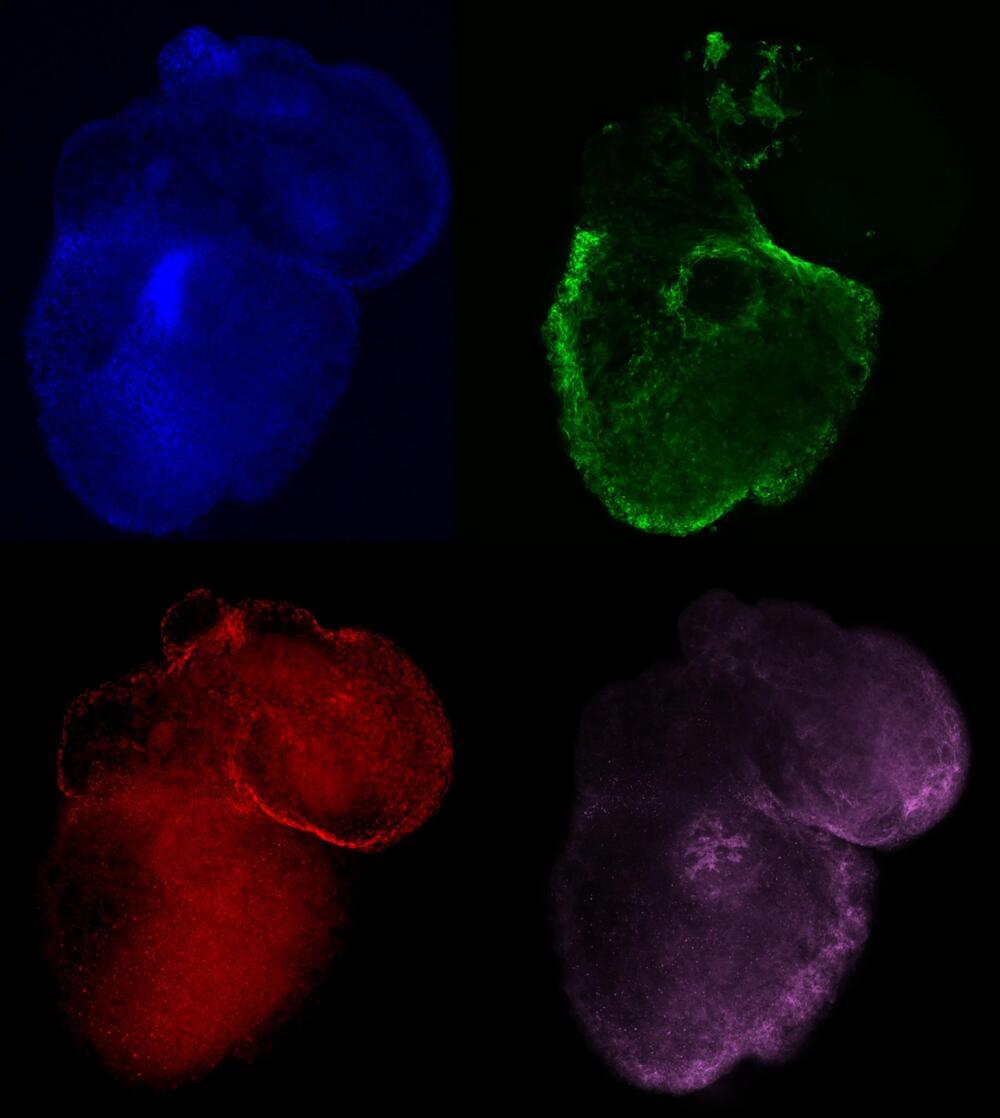Thanks to advancements in the development of patented synthetic human-like hearts first created at Michigan State, researchers can study human heart development and congenital heart disease on highly accurate models. This is facilitating the development of new therapies and pharmaceutical drugs to treat a variety of heart-related diseases just in time for the observance of American Heart Month in February.
Similar in size and development to fetal human hearts, these mini heart organoids are becoming increasingly complex and realistic. The MSU research team that created the mini hearts first published their findings in 2020. They have quickly become a world leader in this field and their latest advancements have been published in Nature Communications and Stem Cell Reports.
Aitor Aguirre, associate professor of biomedical engineering and chief of the division of developmental and stem cell biology in MSU’s Institute for Quantitative Health Science and Engineering, explained that the introduction of realistic models is essential to the discovery of effective and clinically translatable solutions to cardiovascular disease. An estimated 21 million annual deaths are related to this condition, including disorders of the heart and blood vessels. And that number is growing.










Comments are closed.